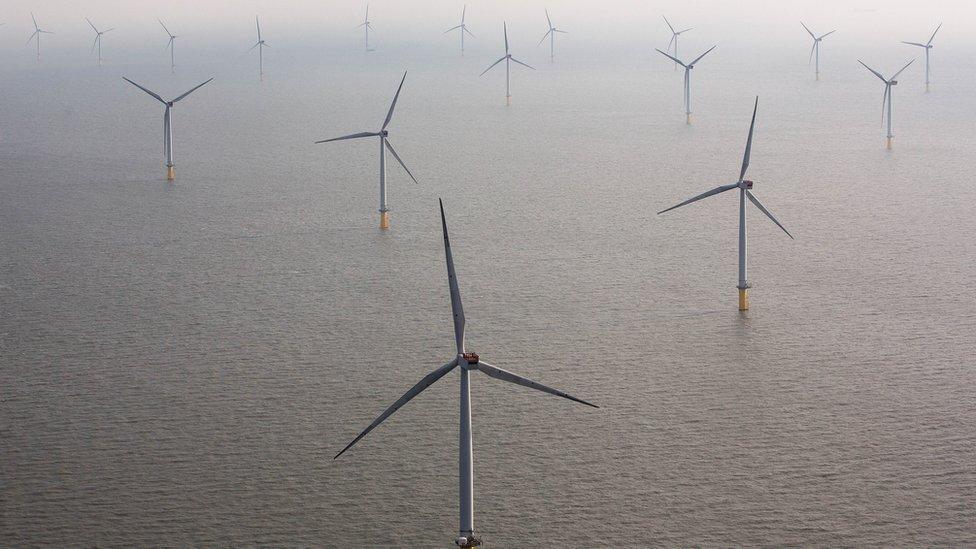Co-op Energy announces 3% price rise
- Published

Co-operative Energy aims to generate 75% of its power from renewable sources
Co-operative Energy has announced it will increase prices for both gas and electricity by 3% from 1 October.
Customers on the company's standard dual fuel tariff will see their bills rise by an average of £32 a year, making the supplier one of the most expensive on the market.
However, those on pre-payment meters will see tariffs rise by 6%.
This reverses the trend of falling fuel bills, with most suppliers cutting gas prices by at least 5% in the spring.
Since then, the wholesale price of gas and electricity has been rising, partly as a result of the fall in the value of sterling, following the EU referendum result.
"This is a worrying warning bell that the wholesale price honeymoon may be drawing to a close," said Claire Osborne, energy expert at price comparison site Uswitch.
"Wholesale prices are now climbing at the fastest rate in years, driven by upward pressure on the cost of energy imports from the falling value of sterling following the EU referendum, future supply concerns and higher transmission costs."
There was now a danger that other suppliers could follow suit, she said.
Pre-payment cap
Co-operative Energy customers on pre-payment meters will be worst hit by the increases.
On average they will pay £69 more a year, if they are on a dual-fuel tariff.
The Competition and Markets Authority (CMA) recently announced a price cap on such tariffs, as such customers typically pay far more for their power than everybody else.
However, the cap will not come into operation until April 2017.
It is anticipated that the cap, when it is set, will save pre-payment meter customers £75 a year.
"In recent months, we have absorbed a 19% increase in environmental and social obligations costs as well as an increase in electricity and gas wholesale prices," said a spokesperson for Co-operative Energy.
"Unfortunately, this is no longer sustainable, and we have reluctantly taken the decision to pass on a small percentage of these costs to our customers by increasing our charges by an average of 3% from 1st October 2016."